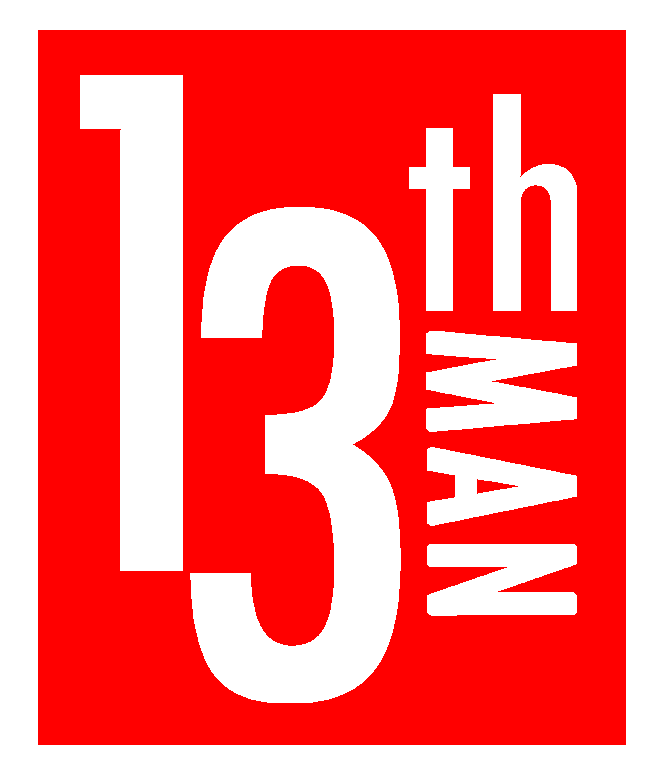
Podcasts
Long form conversations for deep-dives into topics
At 13th Man we organise, host, and edited podcasts; for clients as well as our own podcast which can be found Spotify, Apple Podcasts, and YouTube.
Topics have ranged from natural resource management and water policy, to sports and People with Disabilities.
Here is a selection:
During the two World Wars, British governments of the day set up canteens and restaurants that outnumbered the ubiquitous fast food outlets of today. They offered healthy food at affordable prices and turned a profit. However, come peace time, and they disappeared. Food Historian Bryce Evans discusses whether Britain's experience with war-time communal dining offers present-day solutions amid public health and cost-of-living crises.
With all the panic, the lockdowns, and the social distancing, the past two years of the Corona pandemic (2020-21) were really difficult for me. How much more difficult would they have been without light, in complete darkness? I asked Bart Schotman, who is blind, and an employee at the muZIEum in Nijmegen ( https://www.muzieum.nl/ )
In the cricket wasteland that is The Netherlands, love for cricket is passed down generations in families. The most famous example of this is Tim and Bas de Leede, father and son who have represented their country at a combined 5 World Cups and counting. In this episode, we talk to Bas about what it was like growing up in a family which was an island of cricket in an ocean of… well, every other sport but cricket.
The iconic Nile river flows through several countries who often stake competing claims to its waters. IHE-Delft's Emanuele Fantini discusses a project shows that the key to resolving disputes may lie in bringing together scientists, journalists, & artists in a way that dilutes the imperative to look at the the Nile from the perspective of nation-states.
Monitoring and managing of water resources is increasingly being done remotely-- using data collected from satellites and drones . Ground level monitoring is often done in ways that involves generation, consolidation, and analysis of vast amounts of data. What goes on behind this technology? To what extent does all this technology, all this data reach people doing water management on the ground? And how should we treat the vast amounts of data being generated about natural resources that impact us all— who owns it? Who should have access to it? What way of managing it would stimulate most innovation?
Small Island Development States (SIDS) appear on the map as little dots of green in vast stretches of blue. In popular culture, they take turns appearing as idyllic holiday destinations... and as tiny landmasses always on the verge of drowning under rising sea level. Just how exposed are these island nations to climate change effects? What makes them extra vulnerable? How are they dealing with this threat? I speak to IHE Delft's Erik de Ruiter van Steveninck.
In 2015, Chennai was hit by a major flood, considered to be the worst flood to hit that part of the world in a century. The initial narratives around the flood painted it as an act of nature, an inevitable effect of Climate Change. In months that followed, a federal investigation declared that the flood was a man-made disaster created out of bad water management, lack of early warning, and highly politicized aid and relief efforts. In this podcast, author Krupa GE recounts the story of chronicling all that in her acclaimed book 'Rivers Remember.' https://krupage.com/
From spirited amateurs to fledgling professionals, the Dutch national cricket team's is a story that is embodied perfectly by former allrounder Mudassar Bukhari's career.

